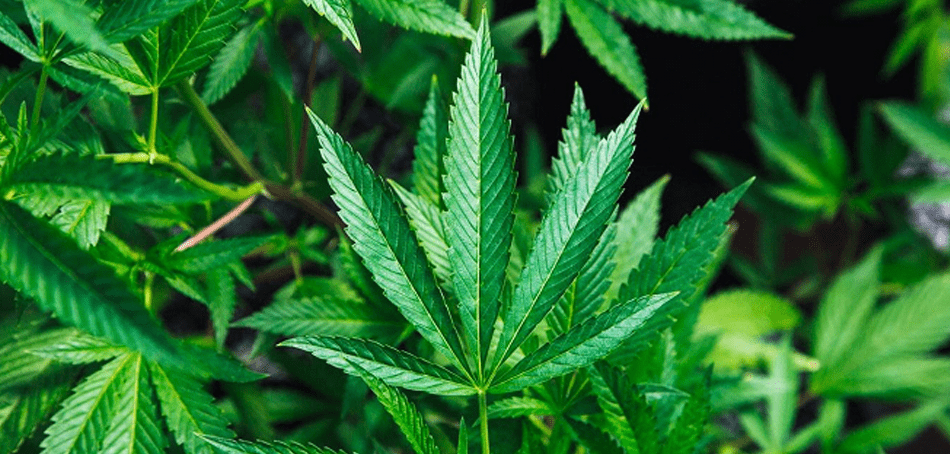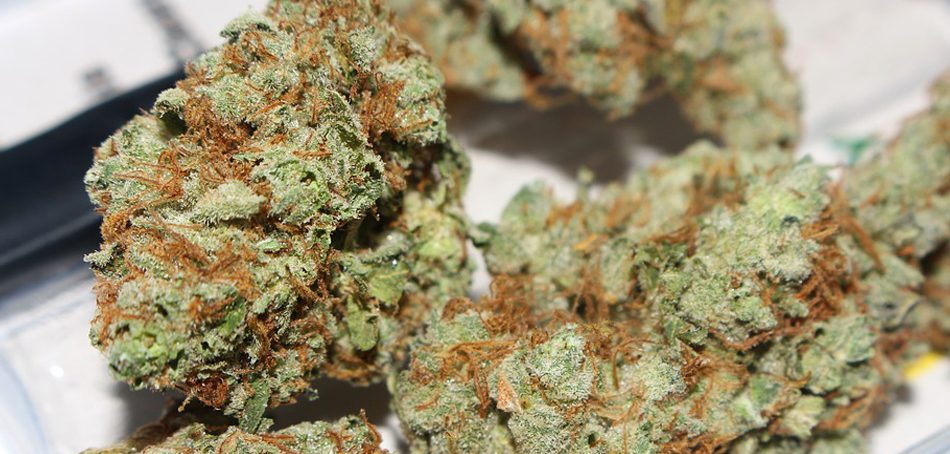Marijuana Effects: Weed on the Brain and the Body

America has nearly 55 million adults who have used marijuana once or twice in the past year, says the same 2017 survey by Yahoo! News and The Marist Post. Over 35 million of them are regular users, who use the drug at least once or twice every month.
Twenty-nine states and the District of Columbia have legalized medical marijuana, while recreational marijuana has been legalized in nine states. Some states have also been updating on their policies to ensure safety of patients. Sixty-four percent of Americans support legalization, according to recent Gallup poll.
More Americans are gradually changing their attitudes toward cannabis. Far from the menace it was projected to be in the 1930s, marijuana has been proven to give several health effects to humans. Read further to find out how cannabis can positively affect the body and mind.
Boosts Creativity
Many marijuana users report increased creativity after smoking a joint. In a 2015 Dutch study and a 2012 British study, researchers found that cannabis did boost creativity, but other factors also come to play. THC (tetrahydrocannabinol) dosage and the user’s personality both play a role in the relationship between marijuana and creativity.
A lower dose of THC (5.5 milligrams of 19 percent THC) had greater effect in increasing regular users’ creativity.
A study at the University College London measured the creativity of regular marijuana users through a cognitive-thinking assessment. Participants were divided into two groups based on their assessment results, the low-creativity group and the high-creativity group. They were instructed to smoke marijuana at home before another assessment.
Researchers found that cannabis did increase the participants’ creativity, but it was more effective in the low-creativity group.
Induces Relaxation

Thirty-seven percent of smokers use marijuana to relax, says a survey by Yahoo! News and The Marist Post. Researchers from the University of Illinois looked into the matter. An associate professor of psychiatry at UIC College of Medicine and one of the authors of the study reports that low doses of THC reduced stress while high doses had the opposite effect.
The study assessed forty-two volunteers, with ages eighteen to forty years old, who did not smoke or ingest cannabis daily but had used it before.The volunteers divided into three groups, the low-dose group (7.5 milligrams of THC), the moderate dose group (12 milligrams of THC), and the placebo group (capsule with no THC).
The volunteers and the researchers were not made aware of who was in which group. The volunteers were subjected to several stress-inducing tests, including a mock job interview, during which they did not receive any feedback from the interviewer. The low-dose groups scored lower stress levels than those in the placebo group and the moderate-dose group did.
Stimulates the Appetite
Marijuana is well-known for stimulating the appetite. This phenomenon is known as the munchies. A research published in Nature Neuroscience reported how cannabis heightened mice subjects’ sense of smell, resulting in increased hunger and the munchies.
In 2015, another study released in the same journal found that THC activates particular neurons, which results in increased appetite. “Using cannabis also stimulates the production of ghrelin—‘the hunger hormone,’ which increases your appetite,” says Professor Copeland, director of the Nationals Cannabis Prevention and Information Centre, in an interview with ABC News.
Relieves Pain
Cannabis or cannabinoid has been found to effectively treat chronic pain. In fact, the majority of medical marijuana patients use the cannabis to control pain. A study led by Mark Ware, MD, director of clinical research of Alan Edwards Pain Management Unit at McGill University Health Centre, evaluated twenty-one patients with chronic nerve pain in a period of two months.
Patients were asked to inhale the smoke of burnt cannabis gelatin capsules (with varying doses of THC) for five seconds and hold the smoke for ten seconds before exhaling. The researchers found that the higher dose (9.4 percent) of THC provided greater relief.
Marijuana Use

With increasing approval of cannabis use, one would think that more areas of society would adjust its outlook on marijuana use. However, stringent rules on cannabis use continue to apply in many public and private settings.
Drug testing is required in many institutions, especially in workplaces. Employers can impose drug policies even in states where marijuana is legalized. Knowing how to pass a drug test is a necessity even for medical marijuana users.
Marijuana can bring several benefits to users. It can help patients who suffer from chronic pain and other physical ailments. It can reduce stress and anxiety and boost creativity. Limited evidences also suggest that marijuana helps with insomnia and mental illnesses.
However, even after over sixty years of suppression, today’s field of marijuana study is still young. Medical fields and others are just beginning to look into cannabis. In the meantime, experts advice regulation and moderation when using marijuana.
About the Author:
Tara Desquitado specializes in content management for Testclear, a drug testing advisor and online seller of home drug testing kits. She occasionally writes for Testclear about drug testing focusing on workplace, business, recruiting management and other related topics.
